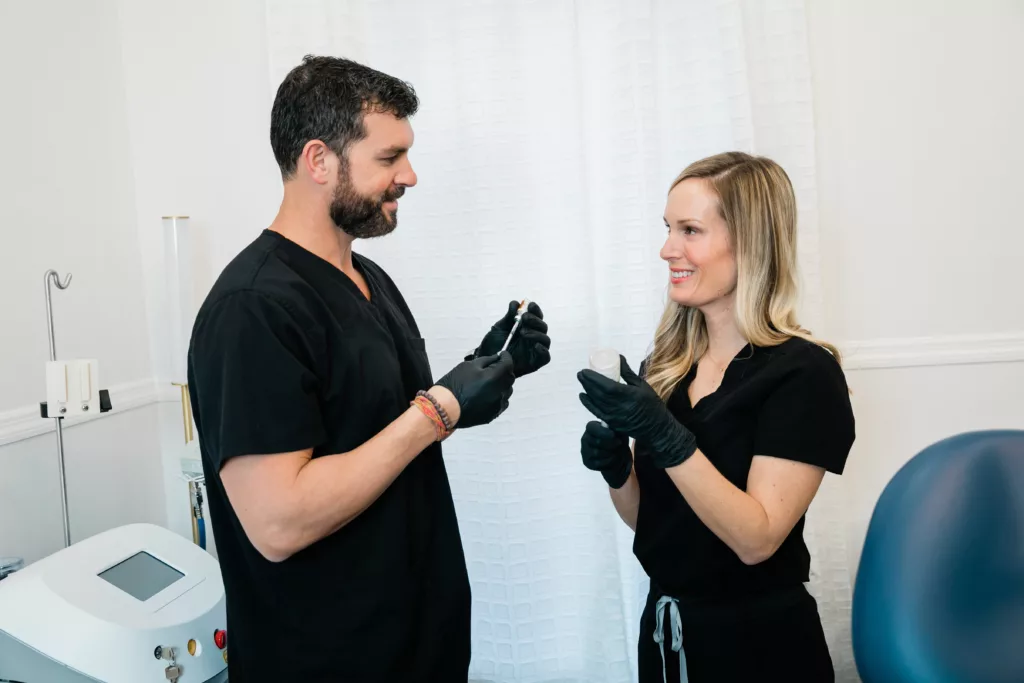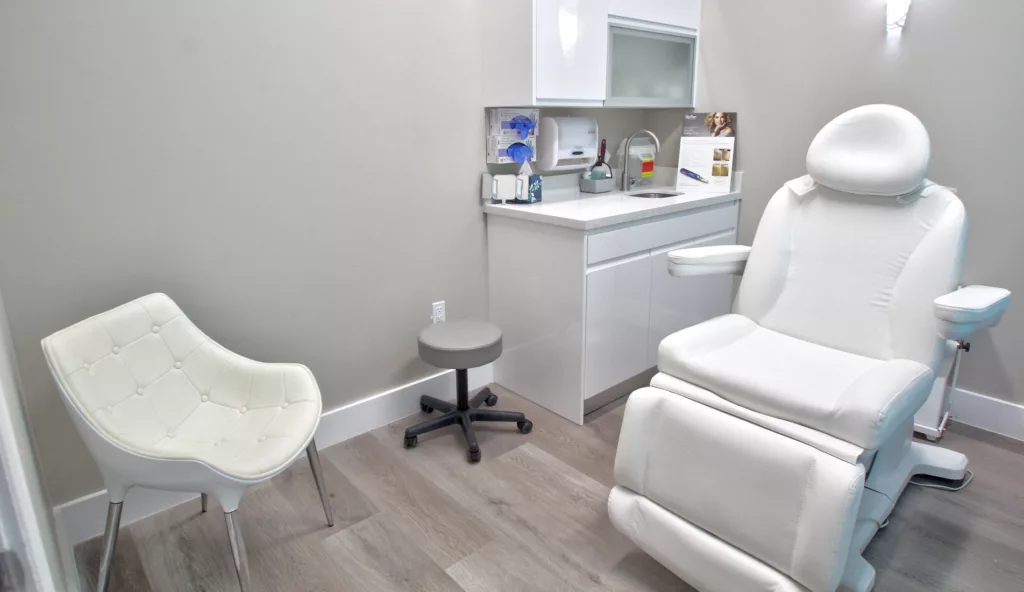If you've achieved the goal of owning your practice's real estate, you've made a smart investment. Now that you're considering a practice transition, you may be wondering how this real estate investment factors into the transaction.
Understanding Your Options
Having guided hundreds of practice owners through transitions, we've seen how real estate decisions can significantly impact deal outcomes. Here's a detailed look at your key options:
Three Strategic Paths for Practice Real Estate
- Become a Landlord Keep your real estate and write a market-rate lease with our help. This option provides monthly cash flow and maintains your long-term investment. It's particularly attractive when selling to corporate groups like DSOs, as they often prefer not to purchase real estate. However, consider whether keeping capital in real estate aligns with your retirement goals. This path works especially well for mid-career practitioners with time to build wealth.
- Package Deal with Practice Selling both practice and real estate together can make your opportunity more appealing to buyers wanting complete ownership. Many doctors view real estate ownership as a valuable part of their investment strategy. However, requiring a real estate purchase may narrow your buyer pool due to financing constraints. Consider offering this as an option rather than a requirement to maintain maximum flexibility.
- Separate Sale Working with specialized real estate professionals, like our sister company Practice Real Estate Group, we can help you sell real estate to an unrelated buyer. This strategy often maximizes value by finding the optimal buyer for each asset. While it means managing two separate transactions, the benefits typically outweigh this complexity. Commercial real estate funds often have greater purchasing power than individual practitioners.
Making the Right Choice
When it comes to practice transitions, options increase flexibility, and flexibility increases marketability. Your optimal strategy depends on your retirement goals, desired liquidity, and market conditions.
Creating Flexibility in Your Transaction
We've found that staying open to multiple approaches leads to better outcomes. Having experience in both healthcare transactions and real estate, we can help develop a comprehensive strategy that considers both assets.
Let's discuss how to position your real estate to enhance rather than constrain your practice transition. Our team can help evaluate these options in the context of your specific goals and local market dynamics.



